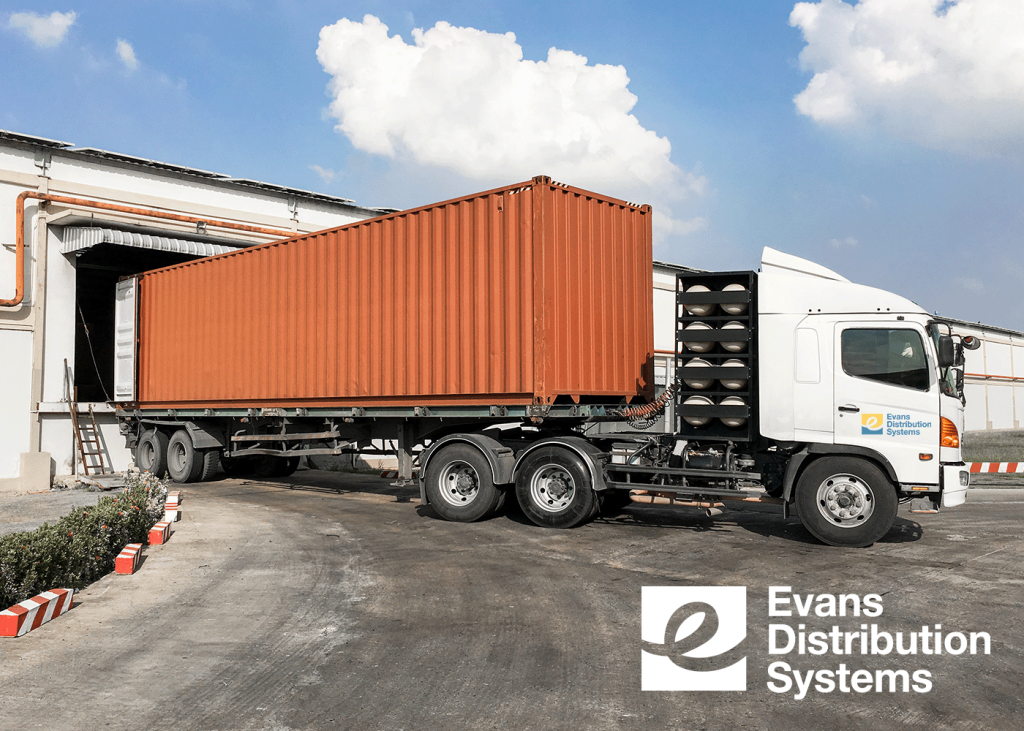International trade is an essential part of the economy, with businesses regularly importing and exporting goods. However, transporting goods internationally can be a complicated and time-consuming process. Freight forwarders play an essential role in this process by facilitating shipments.
What are Freight Forwarders?

Freight forwarders organize the entire shipping process from pickup, to storage, to delivery. It is the freight forwarder’s job to find the most efficient and cost-effective route for the shipper. A forwarder does not move goods, but instead, arranges shipments through its network of carriers. Freight forwarders must be experienced in managing multiple modes of transportation and preparing the necessary documents for importing and exporting goods on behalf of the shippers.
A Freight Forwarder’s Roles
By using a freight forwarder, companies pass the burden of finding a shipping solution to professionals with the expertise and resources to provide the optimal route. A freight forwarder fills many roles throughout the shipping process, providing advantages to companies that utilize them, including:
Customs Broker
Many freight forwarders also act as customs brokers by submitting the necessary documents with customs to import and export goods. This requires a license and a very thorough understanding of international shipping laws.
Networker
Freight forwarders maintain working relationships with many carriers, shippers, and other forwarders in order to create the optimal shipping route for the companies that utilize them. Through this extensive network, the forwarder can find contacts that offer the most ideal route at the best price.
Scheduler
The optimal route may use multiple carriers and/or modes of transportation to move the shipment from origin to destination. This requires careful coordination between all parties involved.
Inventory Manager
Forwarders that work for a third-party logistics company (3PL) can provide updates on inventory levels if the company uses in-house services.
Tracker
Utilizing a transportation management system (TMS), a freight forwarder is able to monitor and provide updates at various stages along the shipping route.
Complexities with Freight Forwarding
Despite all the advantages freight forwarders provide, there are many challenges that need to be overcome when shipping internationally. Operational challenges can occur when communicating between the different carriers and finding a place to store the product in between modes of transportation. Financial challenges can arise when searching for the best rate in a highly competitive market and defining the liability for lost or damaged goods.
When it comes to overcoming these challenges, experience tends to resolve most of the operational ones. Knowing which carrier is the best for specific situations and developing relationships helps greatly to ensure reliable deliveries. Financial risks can be mitigated by taking the proper precautions beforehand. Insurance helps protect the shipper and the freight forwarder from damaged and lost products. Combining that with regular monitoring and constant communication throughout the product’s journey, the risk of damaged or delayed shipments is reduced dramatically.
Freight forwarders play a crucial role in international shipping. Without them, collaboration between countries would be impossible. Importing and exporting allows businesses to expand into new markets. Having a dedicated professional manage these shipments allows the businesses to focus on their core operations.
